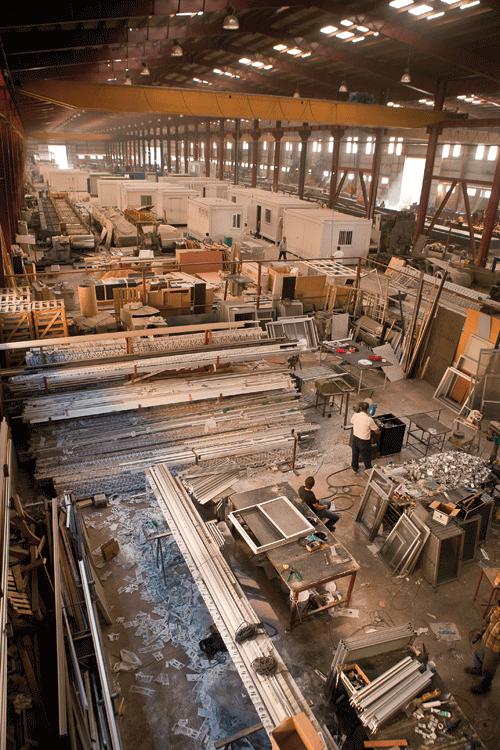Zak Brophy
Zak is an experienced series producer, having led successful podcasts like The Bomb - Series 2 (BBC World Service) and Stealing Victory (Auddy productions). He recently served as story editor for The Belgrano Diary by the London Review of Books. Previously, he produced documentaries and news programs for BBC World Service and BBC Radio 4. Fluent in Arabic, with a strong background in Middle Eastern history and politics, he is passionate about the evolving audio industry and brings creativity and enthusiasm to every project.

